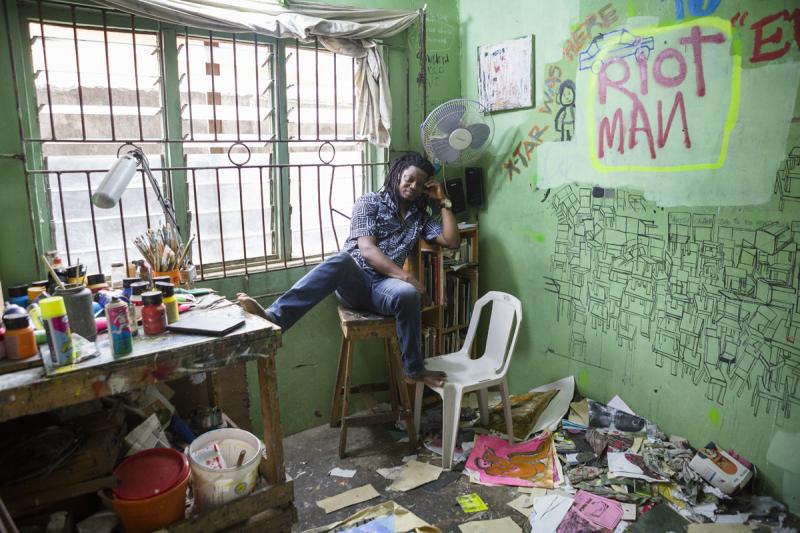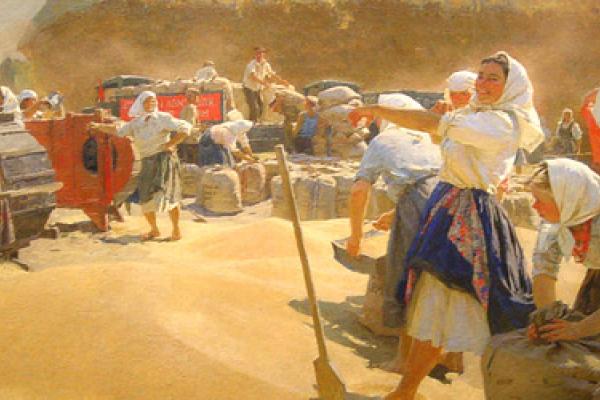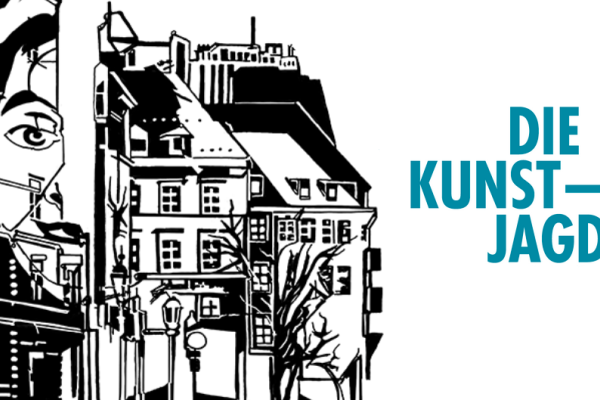All this is desperately needed. Until two years ago, the 'Giant of Africa' was the continent's largest economy, but in 2016 the country slipped into recession. Falling oil prices and attacks on oil pipelines by militant groups have had a huge impact on the economy, as the country's sovereign wealth fund is 70% dependent on oil dollars. The economy urgently needs to diversify.
Nevertheless the government’s sudden interest in the cultural sector came as a surprise to many Nigerians. The sector had been neglected for many years. The national cultural policy was almost 20 years old, artists were denied funding and museums were in a serious state of decay.
Decades of mismanagement have resulted in a deep fissure between the state and the artists. Just three months before the government announced to make culture a priority, the heart of Nigeria’s largest artist community was destroyed by a government official working for the Ministry of Culture. Artists are still waiting for compensation.
Will Nigeria succeed in making the creative sector one of the pillars of the new economy? Its long-neglected artists are not yet convinced.






